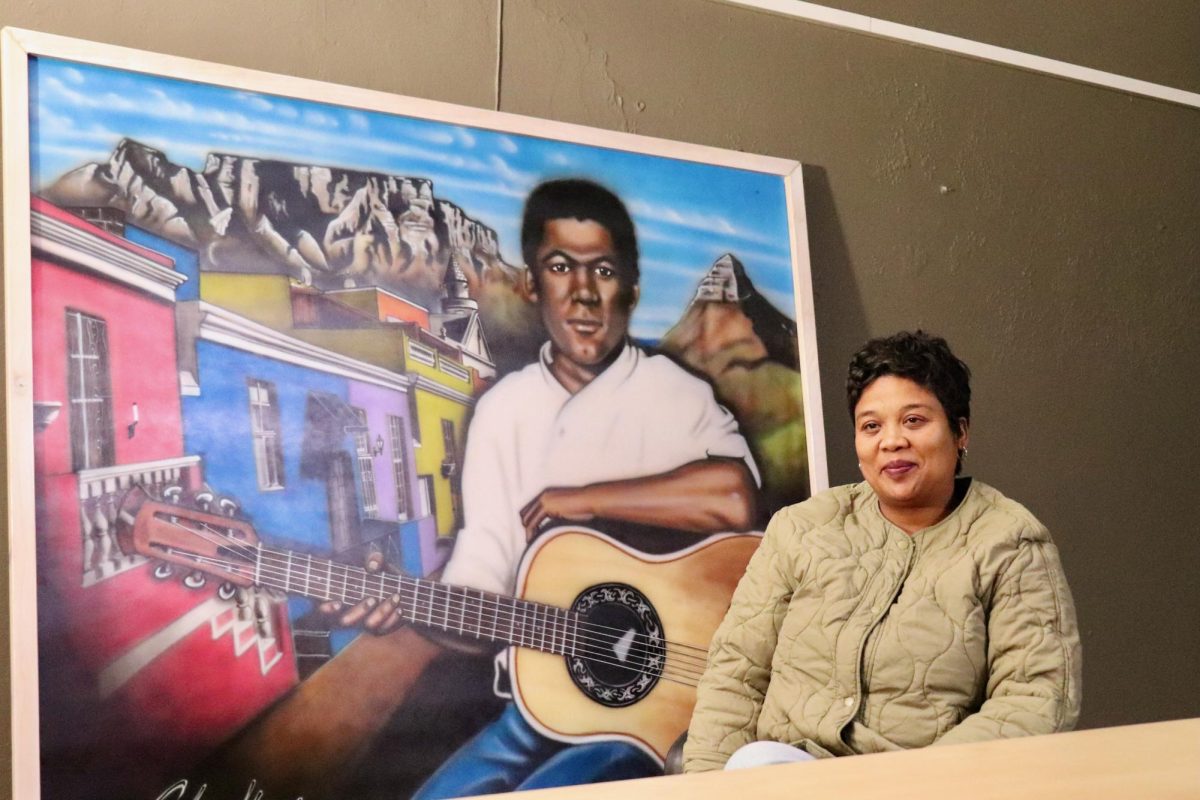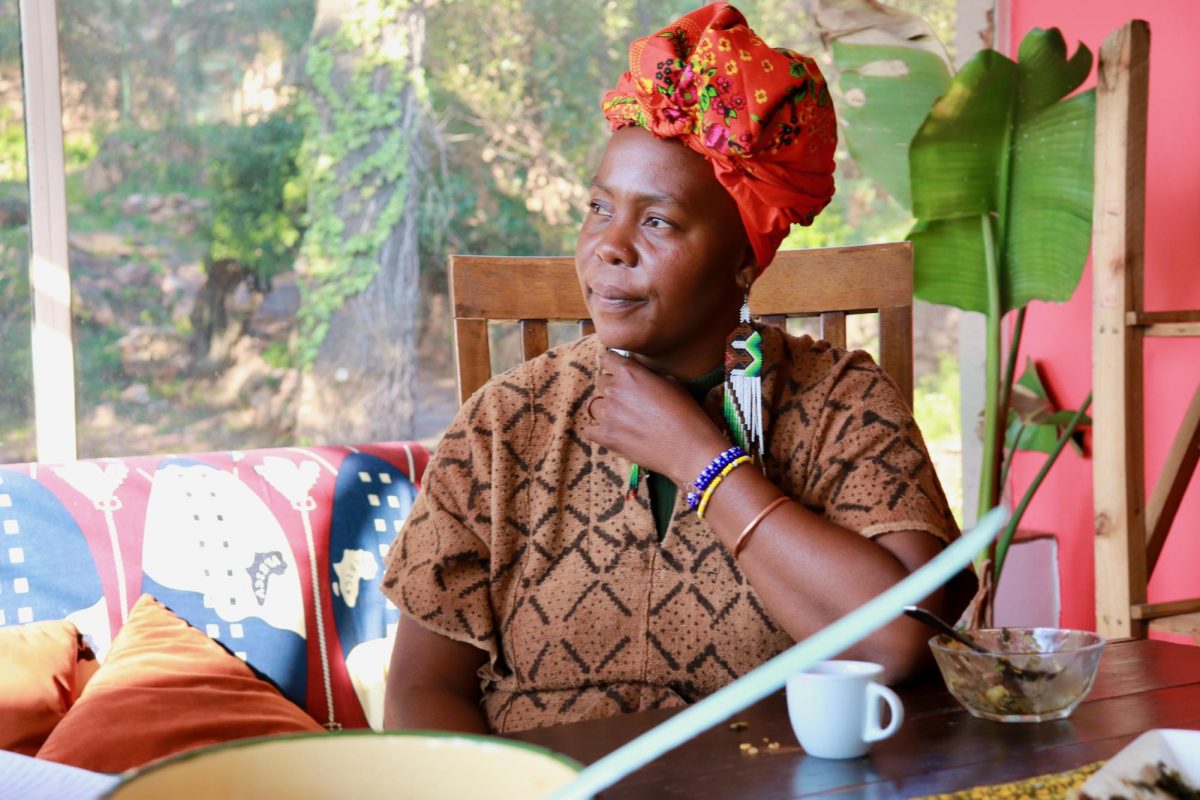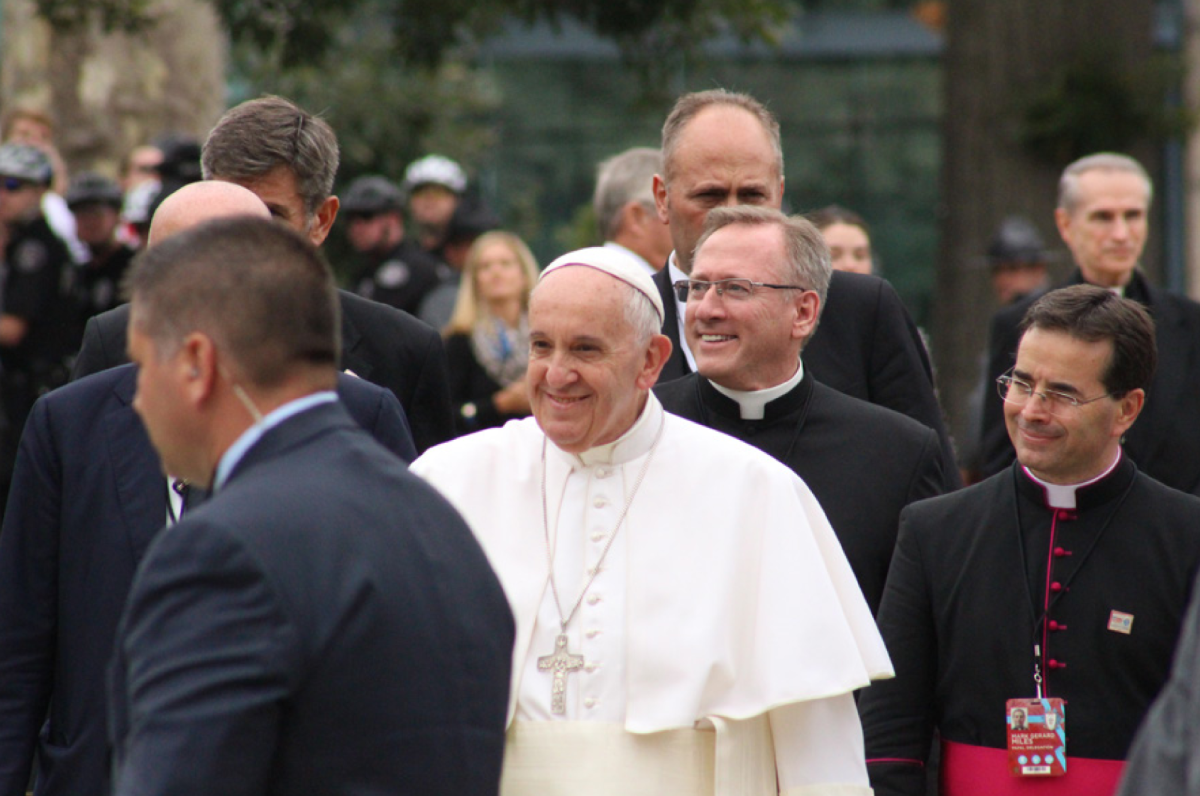100+ students to be out of work come late September
Graduate student Ting Hu planned to head back home to China to study for the summer, but when she was offered a management position at her job that would sponsor her visa, she decided to stay in the area.
Two months later though, Hu was informed that the call center where she worked was to be closed. And because of this, her employer would no longer be able to sponsor her visa to stay in the United States.
On Aug. 3, 172 student employees of the Telephonic Research Operations (TRO) call center were told that their workplace was to close on September 30, 2015.
According to the notice, Saint Joseph’s University’s contract with the center, located in the Alumni House, and its main client, Marketing Systems Group (MSG), had expired. And as a result, the student jobs would be terminated.
The job cuts have a varying effect on students. For some, the extra change they earned through the center will become tighter, while others are now losing funding that is necessary for them to continue their studies on campus.
Maria Spirk, ’17, is spending the semester studying in D.C. but said she had expected to return to work at the center in the spring.
“I’m kind of frustrated because I know a lot of kids worked there and it was really convenient for all of us,” said Spirk. “I’m a little disappointed that I’m not going to have a job when I get back.”
The call center was the largest and most diverse employer of students on campus as well, hiring Federal Work Study and non-work study students, international students, and both graduate and undergraduate students.
TRO, which has been in operation on campus since 2002, completed data cleansing for market research companies. Student employees identified and categorized telephone numbers through automatic dialers and research companies sent these clean databases back to their clients.
TRO was an independent, third party company with no business or financial ties to the university. Saint Joseph’s acted only as a middleman, providing the physical facility and student workers, according to Joseph Lunardi, ’82, vice president of marketing and communications.
All students were paid directly from MSG—TRO’s largest contractor—not the university, according to Marie Strasser, senior manager of the survey research center and TRO.
“We were very much a stand-alone business,” Strasser said, “[and] if we needed something we had to be able to pay for it.”
The center’s main source of revenue was from their biggest client, MSG, and their income was based on how much work got done, said Strasser.
“It was a contractual agreement with MSG that we negotiated with them every year on what they were going to pay us for our production,” Strasser said.
Strasser and Hu said that employees were told that the call center was to be closed because the work completed at the center did not align with the Saint Joseph’s University mission statement.
Lunardi confirmed, saying that the research had nothing to do with St. Joe’s and that, “there was nothing really academic or mission related to it.”
In a Philadelphia Business Journal story detailing the center closure, Lunardi is also quoted.
“We decided we wanted to use the center for more of its traditional use…the center had been profitable, but in the long run we would rather have the students doing work that is more relevant to their academics,” said Lunardi in the August 6th story.
Student employees responded to the notification with a letter sent to University President Mark Reed, Ed.D., signed by 40 call center workers. The letter requested a fuller explanation of the closing, saying that the reason provided was “confusing as well as very vague.” The letter also detailed what the students say they perceive as the center’s actual alignment with the university mission.
“TRO provides students with work that mimics a real office setting. We are held to the responsibilities of thinking critically and ethical decision making, as well as making sure our work is completed. Working at TRO not only prepares students for work beyond their college education, but also enriches their resumes by showing they have dealt with work- place scenarios,” the students argued.
If the center were to close, “over one hundred students, both international and domestic, will be out of employment with seemingly nowhere else to work on campus,” the employees wrote.
Two weeks after the letter was sent, a reply arrived from the Office of the President, signed by Reed, saying that the actual reason the center was closed was not due to the mission of the university, but rather a lack of grant funding.
“The TRO was not closed because the operations do not align with the university’s mission. The TRO was closed due to the fact that the external grant used to fund its operations was not secured for the upcoming academic year,” said Reed in the August 11th email.
But Strasser said this explanation did not make sense.
“[The center] was never ever a grant. It was not run by a government, it was a corporation and it was a contractual agreement [with the university],” Strasser said.
And when speaking with external media outlets, Lunardi said that the closing of the center was not connected to any budgeting or financial concerns.
A Philly Mag story on the layoffs contained different information from the university spokesperson.
“Lunardi said the closing of the center is not connected to any budget concerns. He says the university’s 2015 unaudited budget shows that the school realized 4.6 percent on its $230 million operating budget (roughly $10.6 million),” the August 5th story says.
In this story, Lunardi also says, “The contract mentioned in this WARN notice is scheduled to end,” and did not provide information about mission or grant-related reasoning behind the closure.
“A lot of students want to know why they’re closing us, and we just get different answers,” said Hu.
Now, the university is trying to place all Work Study students in other on-campus jobs, according to Lunardi. He also said that there are no definitive plans for how the building will be used after the center closes.
All TRO employees received an email stating that the university intends to make all efforts to assist and replace all student employees, from Sharon Eisenmann, vice president of human resources.
Hu and Strasser said that the layoffs are going to have a very significant impact on the international student community of St. Joe’s, as TRO was an employer to many international students.
“We provide employment for a very large population of students who otherwise may not come here because they need a job,” Strasser said.








































